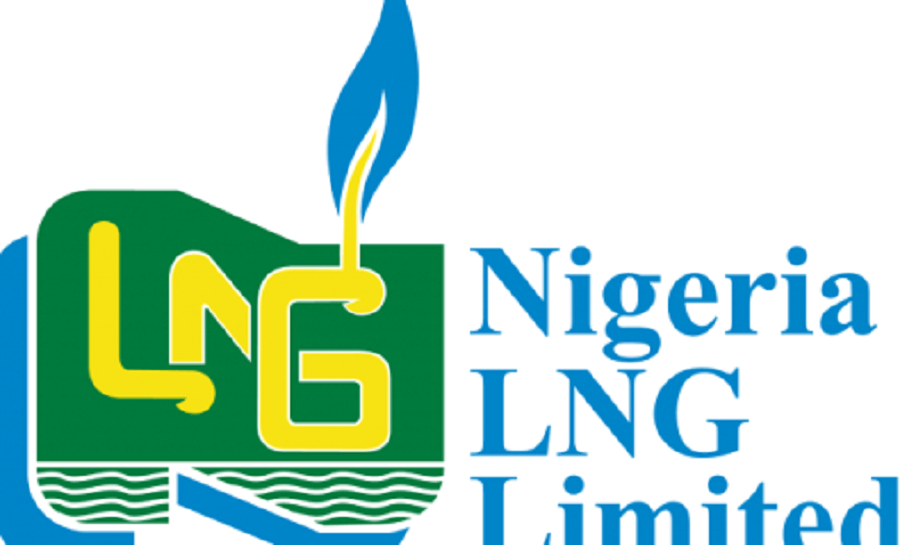- Kachikwu Wants NLNG to Raise Capacity by 60%
The Minister of State for Petroleum Resources, Dr Ibe Kachikwu, has challenged the Nigeria LNG Limited to expand its Liquefied Natural Gas production capacity to 40 million tonnes per annum over the next 30 years.
He said this would enable the country to secure a significant share in the global LNG market, and help with domestic supply of the commodity in line with the company’s vision to help build a better Nigeria.
The minister, according to a statement, stated this during a visit to the NLNG Plant on Bonny Island, Rivers State, to assess the company’s state of preparedness for the construction of a new train that will lift the country’s LNG production output by 35 per cent from 22 MTPA to 30 MTPA.
Kachikwu was quoted as saying, “Train 7 doesn’t have a good history in terms of operations. President Muhammadu Buhari will tell you when they started this project, they targeted 12 trains. Through no fault of yours, Train 12 has not happened, but Train 7 is coming. Now, you have Train 7 largely ready to go. What excites me is that this train will be bigger than the other individual trains but in your 30 years outlook, you have to begin to look at Train 8. We need to catch up.
“The transition to cleaner energy is going to happen faster than you think. As we reconstruct our refineries, we are going to be looking at how to make them more environmentally friendly, but every indicator of our studies shows that the fastest move we are going to make to green energy is on gas.”
The minister added, “Although your market today is focused on externalisation, you will soon see government policies drive you towards internalisation very rapidly. So, you need to grow those volumes for the teeming population we have. I challenge you to look at this and grow from the 30 MTPA you are talking of now to about 40 MTPA over the next 30 years.
“One of the things we say every time to people is that they should look at the Nigeria LNG model. The model has stood the test of time. It has worked; it is efficient, non-interventionist and very transparent. To all of you who are leaders here, you need a lot of praise and support for the consistency to which you have delivered. This country can be better if we manage it well. What NLNG and a lot of the joint ventures bring to the table is that there are a lot of Nigerians with the capabilities of great management.”
While briefing the minister on NLNG’s operations, the Managing Director, Mr Tony Attah, said it was time for Nigeria to use gas as a catalyst for industrial and economic transformation.
He said, “With the support of the NNPC, our ambition remains to grow through Train 7. We built six trains fast because every 18 months, we were adding a train. But from 2007 to date, we have not been able to move. But with your support and that of the Federal Government, we have the full backing of all critical stakeholders.
“The stars have lined up in support for our expansion project and we are at a point of no return. So, for us, it is about the future and more importantly, the licence to grow which is about dealing with today’s realities and peculiarities. The starting point for us is safety. We work in a complex and intricate environment, and safety is everything for us in keeping our people and assets safe to deliver value to our shareholders.”
Expressing appreciation to the Federal Government for the support on Train 7, NLNG Deputy MD, Sadeeq Mai-Bornu, said the minister’s visit to Bonny was a boost towards the final investment decision.
He said, “In the long run, the benefit of a bigger market share in that space will translate into more revenue for our nation through taxes and shareholding for the Federal Government through the NNPC, which currently holds 49 per cent shares in NLNG.
“Additionally, this country will witness more transformational CSR initiatives sponsored by the Nigeria LNG, as we have demonstrated keen and concerted resolve in fulfilment of our commitment towards helping to build a better Nigeria.”

 Forex3 weeks ago
Forex3 weeks ago
 Naira2 weeks ago
Naira2 weeks ago
 Billionaire Watch2 weeks ago
Billionaire Watch2 weeks ago



 Naira3 weeks ago
Naira3 weeks ago






 Naira2 weeks ago
Naira2 weeks ago




 Naira1 week ago
Naira1 week ago




 Naira4 weeks ago
Naira4 weeks ago






 Naira1 week ago
Naira1 week ago
























